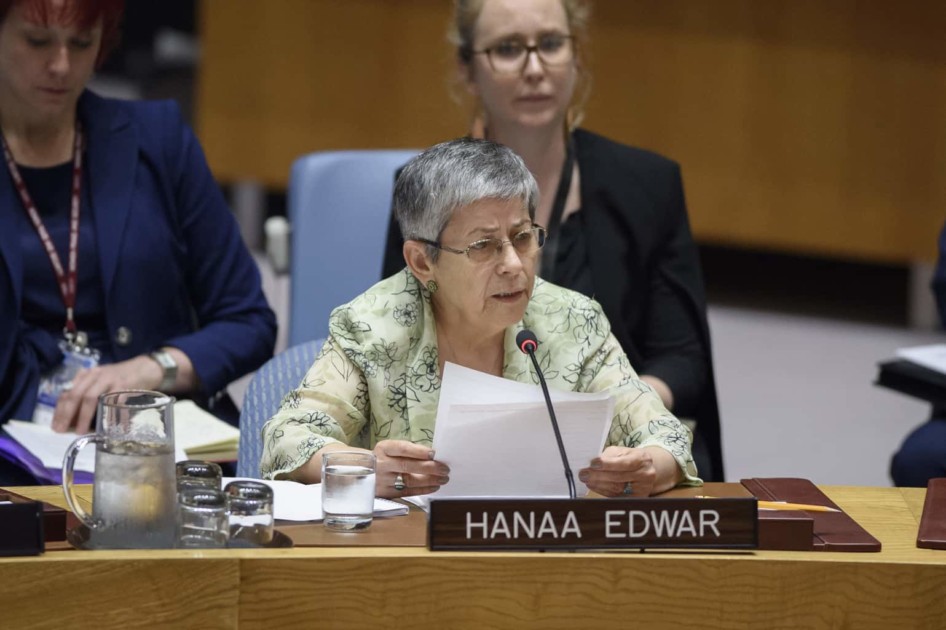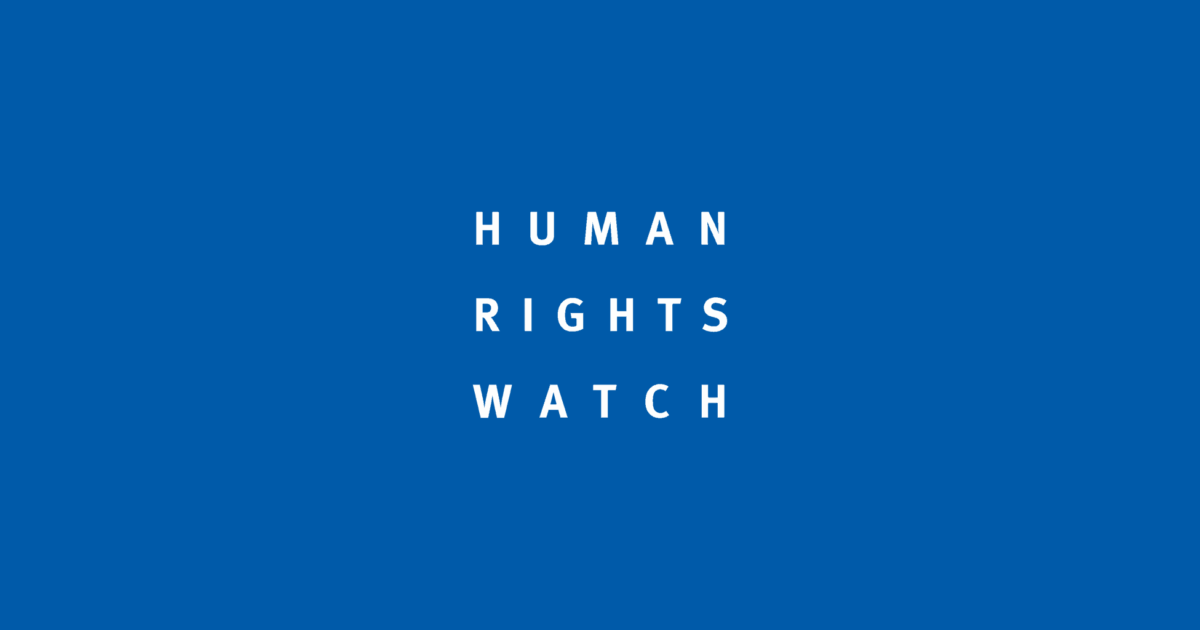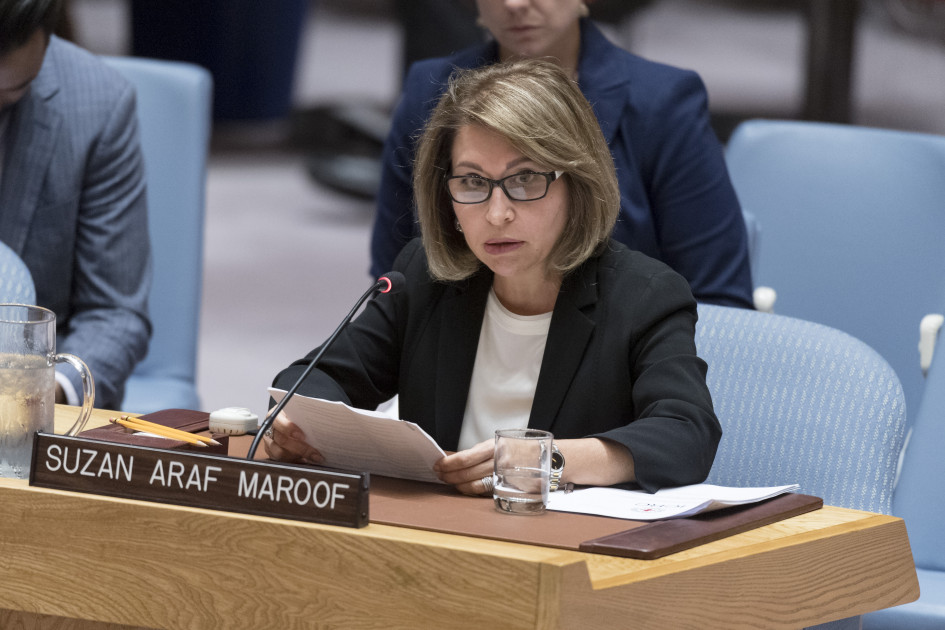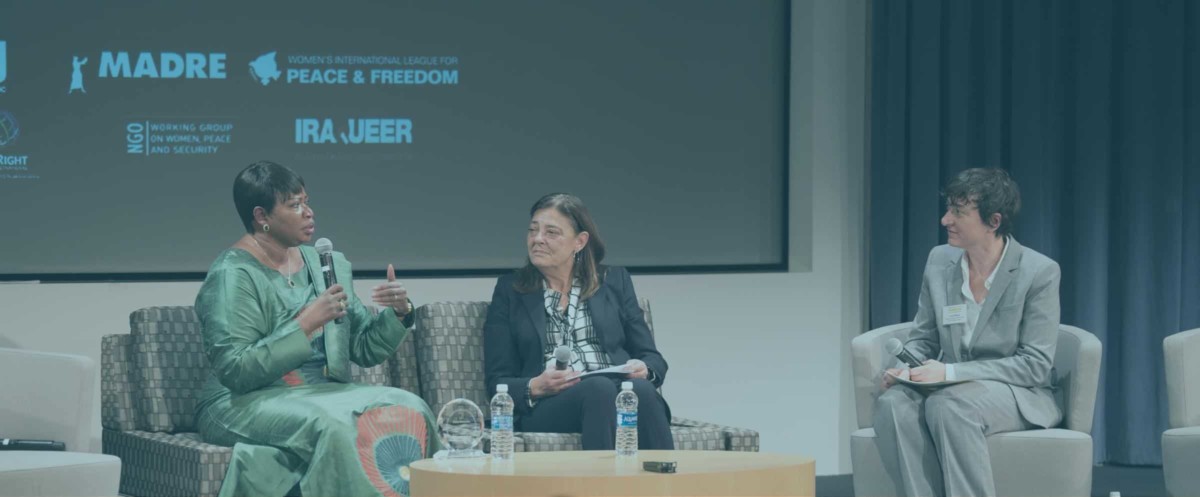Iraq
Iraq
Women are crucial allies to the efforts to eliminate extremism in Iraq. The Islamic State of Iraq and the Levant (ISIL) has contributed to a political landscape in Iraq historically characterized by sectarianism, ineffective judicial systems, high levels of government corruption, and high rates of violence against women, including sexual and gender-based violence. ISIL continues to use sexual and gender-based violence and rape as weapons of war— and targets women, particularly Yazidi women and other non-Shiite minorities, for sexual slavery among fighters.
Iraq acceded to the Convention on the Elimination of all Forms of Discrimination against Women (CEDAW) in 1986, launched the National Strategy on Combating Violence against Women in 2013, and launched its National Action Plan pursuant to Resolution 1325 in 2014. Iraq’s National Action Plan was the first launched in the Middle East. The Ministry of Women’s Affairs in Iraq has also developed a National Strategy for the Advancement of Iraqi Women, but due to the political climate it hasn’t been effectively implemented; similarly, laws banning forced and early marriages are rarely enforced.
Based on the work of NGOWG members and their partners, the NGOWG advocates for the Government of Iraq to clarify their shelter policies, in order to allow and support Iraqi NGOs in their efforts to operate shelters and provide much needed services to survivors of SGBV. Further, the NGOWG urges the Security Council to ensure that the United Nations Assistance Mission for Iraq (UNAMI) is regularly engaging with women’s organizations, and will continue to take concrete steps to support women’s participation in all peace and security processes.
Current and Past Recommendations to the UN Security Council (Monthly Action Points)
As the Security Council continues to address the situation in Iraq, Council members should hold women’s human rights central in all discussion and actions. With nearly 5,000 civilians killed and, according to the Office for the Coordination of Humanitarian Affairs (OCHA), over 900,000 persons displaced since January 2014, discussion should outline measures taken to prioritize the protection of civilians, with specific considerations for women and girls. The Council should:
- Ensure a gender lens is being applied to assistance, and women and girls, including those displaced and those with disabilities, are consulted, by all humanitarian and protection actors.
- Mainstream gender in all counterterrorism efforts. All actions taken to prevent and respond to terrorist threats should ensure women’s full and meaningful participation, and better address the impact of violent extremism and terrorism on women.
- Call for consultations with women civil society leaders in order to integrate a gender lens that promotes the women, peace and security concerns. Discriminatory policies and practices must be rescinded, and institutions must be inclusive of all Iraqis, including women, in order to provide a foundation for future sustainable peace.
As the Security Council continues to address the situation in Iraq, Council members should hold women’s human rights central in all discussion and actions. With nearly 5,000 civilians killed and, according to the Office for the Coordination of Humanitarian Affairs (OCHA), over 900,000 persons displaced since January 2014, discussion should outline measures taken to prioritize the protection of civilians, with specific considerations for women and girls. The Council should:
- Ensure a gender lens is being applied to assistance, and women and girls, including those displaced and those with disabilities, are consulted, by all humanitarian and protection actors.
- Mainstream gender in all counterterrorism efforts. All actions taken to prevent and respond to terrorist threats should ensure women’s full and meaningful participation, and better address the impact of violent extremism and terrorism on women.
- Call for consultations with women civil society leaders in order to integrate a gender lens that promotes the women, peace and security concerns. Discriminatory policies and practices must be rescinded, and institutions must be inclusive of all Iraqis, including women, in order to provide a foundation for future sustainable peace.
Relevant Resources











